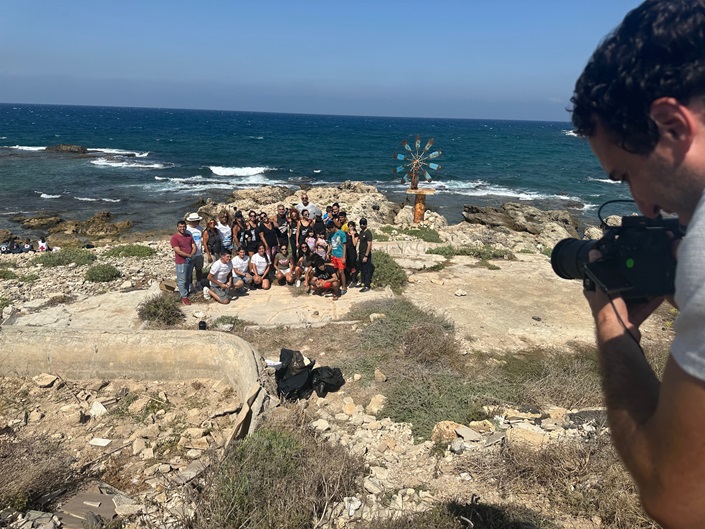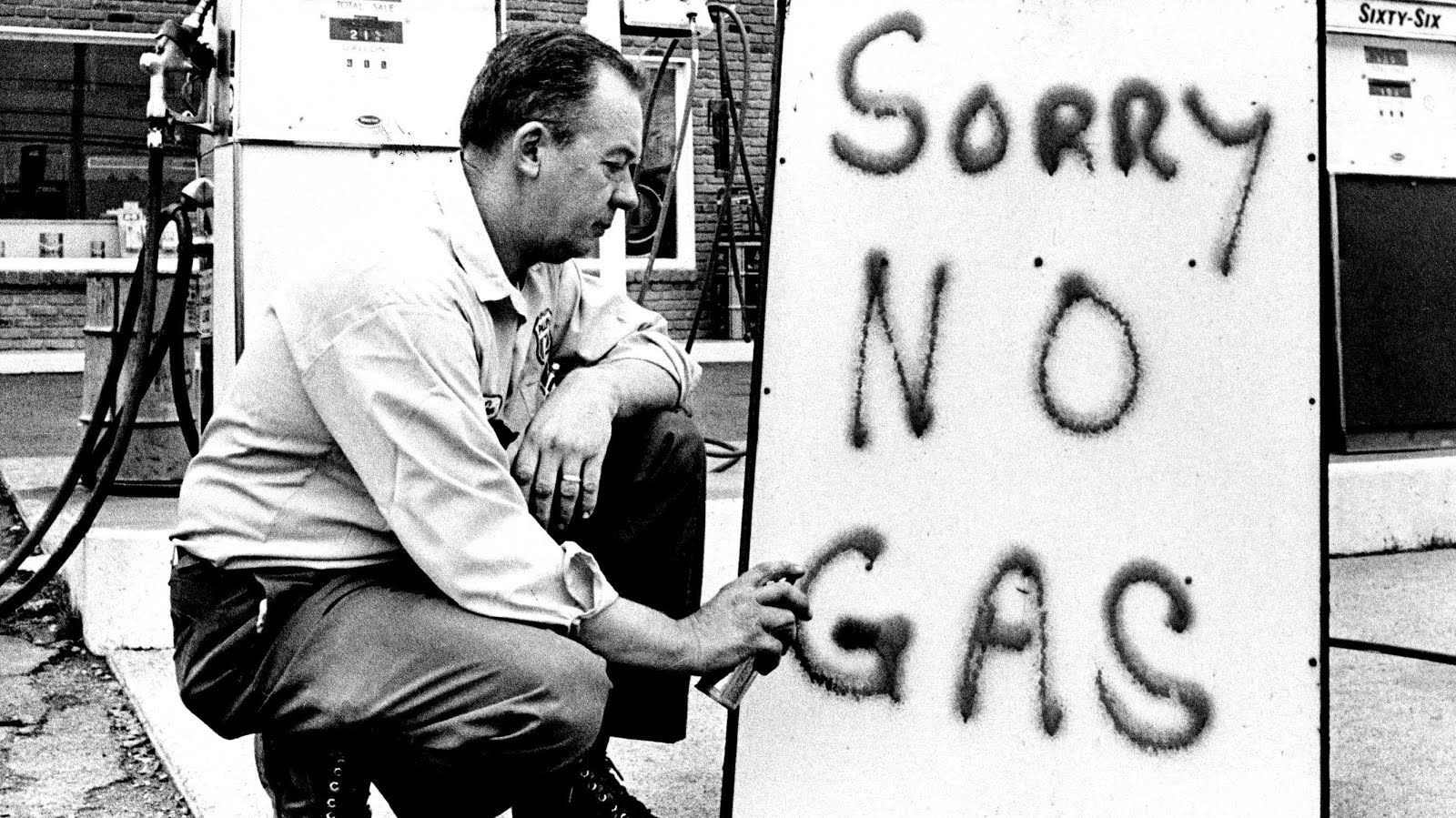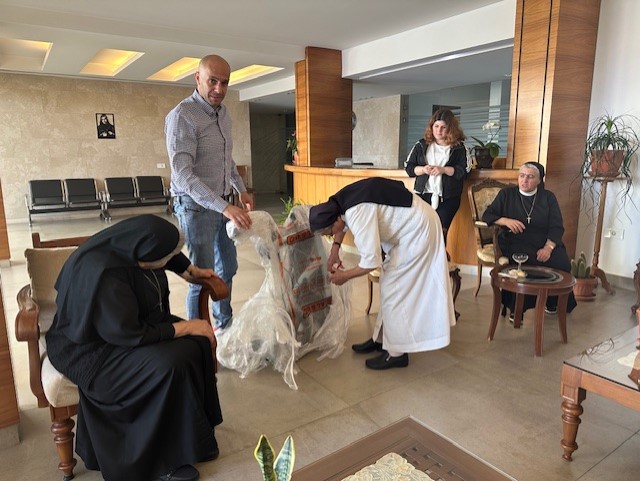
The ongoing political and economic crisis in Lebanon is no longer news. The country is in a crisis that had been cooking since 1990, and finally came to its boiling point in recent months with new agents of corruption joining in 2005 under the motto of – ironically - “fighting corruption”!
By Patricia Issa
With a full economic collapse, corruption at an all-times high, political tension, revolution, a coronavirus pandemic, and a heat wave bringing in waves of insects. For most of these problems, I would have blamed corruption and the horrible failure we call our “foreign policy” which drove us into the worst camp in the region (probably on the globe) and aligned us with a theocracy causing us to lose all our international relations, tourism, trade, and any chance of getting help from Lebanon’s “historical friends”.
Despite being in this pre-apocalyptic scenario, the people in Lebanon are still making huge mistakes shooting themselves in the foot, and - in the process - delaying their quest for change and reform.
Here are 5 of these many many mistakes happening on daily basis:
1- Spreading Panic Instead of Motivation:
Media is already very negative in Lebanon; to the point that avoiding the news for one week here, can improve a person’s mental health. But agents of change still need to stay updated. However, their output to the public needs to take the form of solutions and motivation for change. People need to feel “they can”, so that they try; if they feel they they’re doomed anyway, no one will rise for the challenge.
2- Ignoring Market Economy:
People drive demand, this is a known fact. So “we, the people” control the economy’s equilibrium points with our consumer behavior. In a country where both politicians and oligarchs are taking advantage of the crisis, “we, the people” can contribute to their demise by curbing demand for everything that’s un-essential. Lebanon is a very small country and 30 days of curbing demand on everything but basic foods and medicine will change the equation for every single institution in the market, and force all suppliers and providers to accept reasonable profit margins. This strategy would be a success if all social classes contributed to it, because a huge percentage of the demand is driven by the middle class that still has some purchasing power.
3- Fighting Random Battles:
The first thing the political class will do when it feels threatened is try to distract the people. Apparently, in Lebanon, it’s working! Different political agents victimize each other and redirect the people’s attention to different places (such as the governor of the central bank – their “probably” more than willing accomplice, and I say probably because nothing is clear yet) in order to dilute the concentrated attack against them. The last few days, all content posted was attacking the prime minister’s wife for saying people need to accept lower-end jobs. I am still baffled by how did we just make the wife of a weak political agent famous overnight! All this, is only slowing the pace and diluting all efforts; this is why agents of change need to carefully select their battles and carry them out without distractions.
4- Over Consuming Social Media Content:
Political content is “star content” in Lebanon nowadays because … crisis! But the main problem is that we are often caught at the lower end of the content production spectrum, where most people are consuming social media content and politicized low end websites. They are even using these sources to form a political opinion; which is making expert opinions a scarcity. One way to battle against this is to start putting experts at the forefront of change and of media; because by being objective only (without being aligned with the revolution); they will be serving change whether they intend it or not.
5- Ignoring the Importance of Organized Effort:
I spent the years between 2014 and 2017 writing about modern revolutions and the importance of not having a clear public organizational body in the leadership of these contentious movements. The less structure a contentious movement has, the harder it is to decapitate. BUT, that does not deny the importance of organized effort in the process. The revolution in Lebanon lost a lot of points and potential wins out of not being able to concentrate around one theme and redirect the activists’ efforts in one direction. The only way ahead is to pick the right battles, and concentrate efforts around them one by one; because battles are unlikely to be won together, but rather in a succession.
Patricia Issa, Controversial Thinker, entrepreneur & CEO of The Luxury Makers





